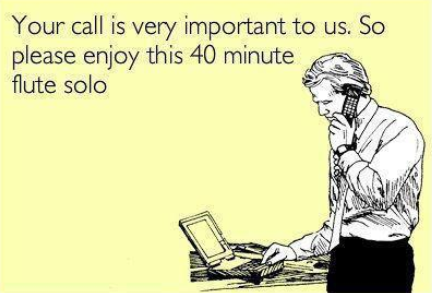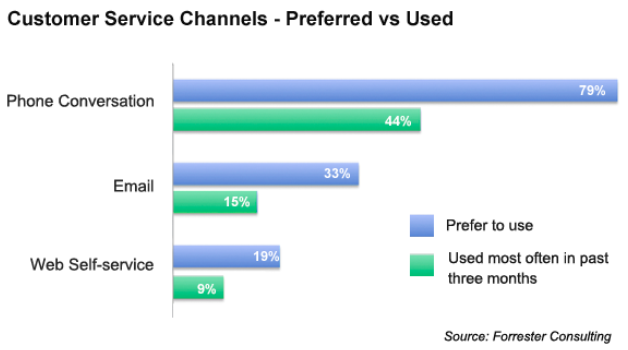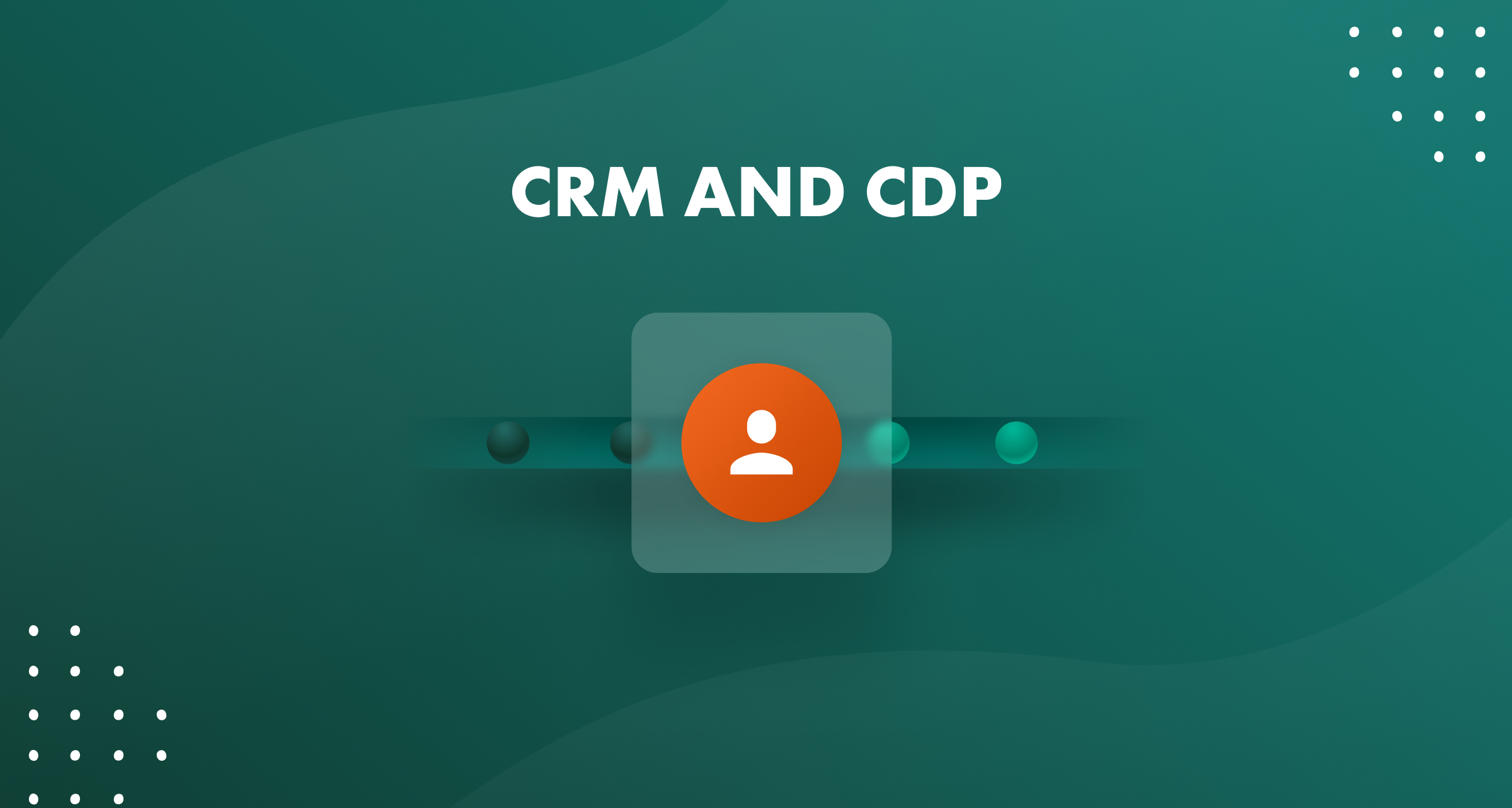When was the last time you called a customer service department?
Did you the call go smoothly or like many of us, were you put on hold while the customer support department scrambled to find any information from when you last called?
I'm pretty sure I can guess the answer.
I believe Bill Gates was pretty insightful when in 1990 he talked about the importance of “Information at your fingertips”. One area where this is especially true today is when the customer calls us. Having information about who the customer is, what she has bought, and what kind of prior issues or contact she has had with us, will completely determine how successful that phone call will be.
I recently called my cell phone provider regarding a problem with mobile data access. The customer representative I spoke to, did not have information at his fingertips, which resulted in a long and cumbersome conversation while he tried to dig up information about my subscription plan, how much data I had used the current period, and so forth. All while repeating the words “let me see….just a second now”.
The conversation must have felt pretty awkward for him, and also wasted both his and my time.
Sharing information within teams
In a business, there are two fronts where the customer will be met one-to-one: Sales and Support. Most likely, representatives from these two teams are the only ones the customer will interact with. The importance of these teams having full access to all relevant information about the customer cannot be overstated.
For instance, consider the sales representative that has a meeting with the customer, hoping to close a new deal, only to discover that the customer has had some major difficulties that have not been handled well by support. That customer is not going to sign any contracts today!
From my experience, most sales representatives have experienced this more than once. And it is not a comfortable situation, as it demonstrates your lack of professionalism in front of the customer.
Symmetrically, consider the support agent who is on the phone with the customer, not knowing that the customer has just placed a large order. The customer will most likely expect some recognition and special attention, instead of having to explain who she is and what she has purchased. Not to mention the fact that knowing exactly who the customer is and what she has bought probably allows the agent to identify the problem much faster.
Show customers that you care
We know that when your customer has a problem, he will call. While self service support and email continue to rise, an urgent problem requires human interaction - The customer needs to hear someone say their sorry, which is why that 79% of customers prefer to call customer service, rather than email.
As customers, we want to feel that we actually mean something to the business, that we are important and that our well-being is a priority. Nothing kills that feeling faster then talking to a sales or support representative who has no idea who we are, and starts the conversation with “who are you”?
We've talked extensively on the impact of customers who feel they are not cared for . What happens? A large percentage (68%) of customers leave and shop elsewhere.
Obviously, it is not possible for every employee of a business to remember all of their customers. There are just too many customers, and besides there is employee churn to consider as well.
Using CRM to track customer interactions
Fortunately, we have technology. The core idea of CRM software is to track all our customers, our interactions with them and what products and services they have purchased. This allows anyone at the front line, sales or support, to quickly identify a customer and know how to properly take care of her, this creating a great customer experience.
In order for such a system to work well, it needs to offer a holistic view of our complete customer interaction. If your sales representatives can only see sales orders, and not support cases, they will not be sufficiently informed. And if your support agents cannot easily see that this customer is about to close a large order, or what products the customer has purchased, they cannot offer optimal support.
A good CRM should support all fundamental customer relationship processes (sales, marketing, support), and preferably also offer views into other systems (inventory, financials, account management). Such a system will allow every employee who is in touch with customers to act professionally, offer good customer service and keep the customers loyal.
Using such a system, your sales people will get a complete overview of the customer prior to contacting them. That means they will know whether the customer has met with any colleagues, had any support issues, been visited by consultants, or disputed an invoice. Starting of a meeting, demonstrating a good knowledge of who the customer is, is much more likely to end with a handshake and a signed contract.
What next?
If you learned something new about the importance of customer information, leave a comment below.
And I'm curious; how do you share customer information in your business?
Or do you have a way to improve communication between sales and support that I didn't mention? Let me know by leaving a comment below.
P.S. If you would like to provide better customer support, we've created 7 free customer service email templates for you. Simply copy and paste!




